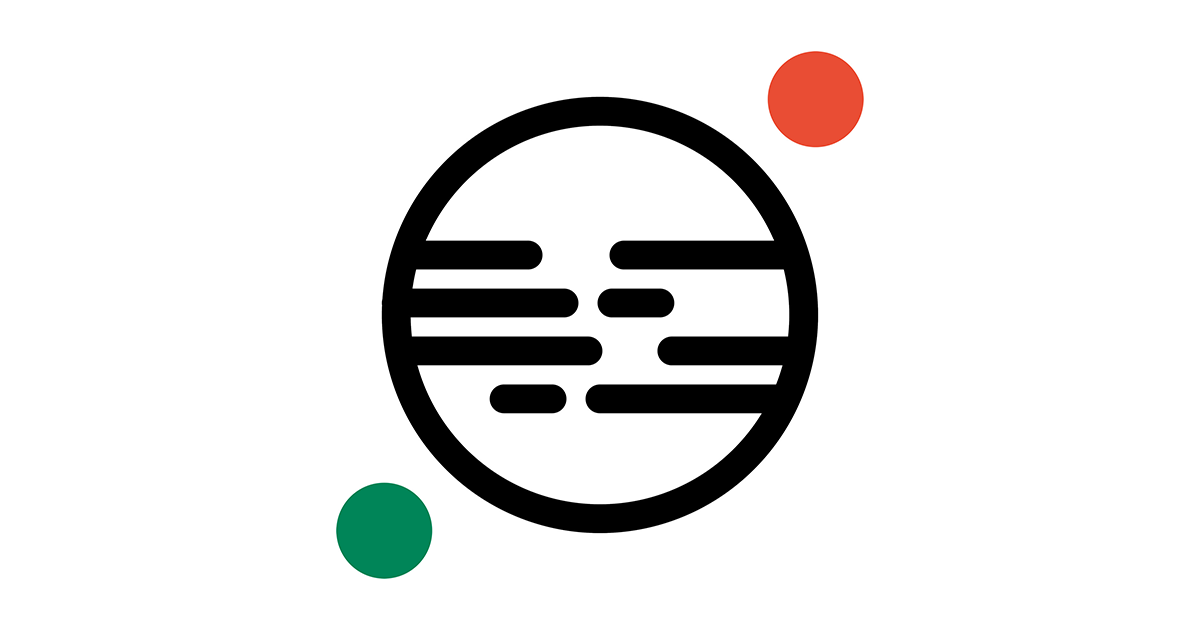3. The shift from individual to collective experiences
I predicted that we will move from the hyper personalisation of the internet, which resulted in filter bubbles and polarization, to having more collective experiences where a group of people share the same time and space together again.
Will this happen in web3?
Yes. I do think that web3 will feel like a game. We'll log in and out of virtual worlds that each have their own rules, behaviours and reward systems. We'll be physically isolated but virtually connected, feeling part of a collective through the teams we join and the tasks we accomplish. Station is a hint at that future: it’s a bulletin board where you can find web3 projects to participate in and get rewarded in tokens. In the future we'll see more interfaces like that where we seamlessly transition from our individual selves into virtual collectives to experience play, work and leisure.
4. The shift from ad-based to community-owned platforms
I predicted the rise of platforms that enable people to participate in their value creation, incentivising their creators to optimise for users as the audience that sustains them instead of advertisers.
Will this happen in web3?
Yes. There are many DAOs that currently practice this: DAOs that are social clubs (Friends with Benefits), DAOs that build cabins in the wood (CabinDAO), DAOs like Protein that are built on previous community interfaces - all of them are structures that unite a group of people with shared values to build something they mutually benefit from. While they still depend on platforms like Discord as essential tools to organise themselves, they are, for the most part, entirely funded through the communities they serve. Currently excited about: Metalabels.
5. The shift from neutral to responsible
I predicted that, on the basis that technology embodies the values of those that build it, tech companies can no longer afford to be neutral in face of today’s societal and planetary challenges.
Will this happen in web3?
No. I mostly see how web3 inherits the same problems we already face in today’s world. The ideological difference between the believers and critics of web3 is how they view technology. One party believes that technology by itself can solve a problem, e.g. a smart contract on the blockchain that has its terms written directly into the code. The other party thinks that the context in which this technology gets applied (e.g. capitalism, culture, ethics) influences how we put it to use. I believe in the latter which is why I see web3 mostly as amplifying existing challenges and making them more obvious.
|







